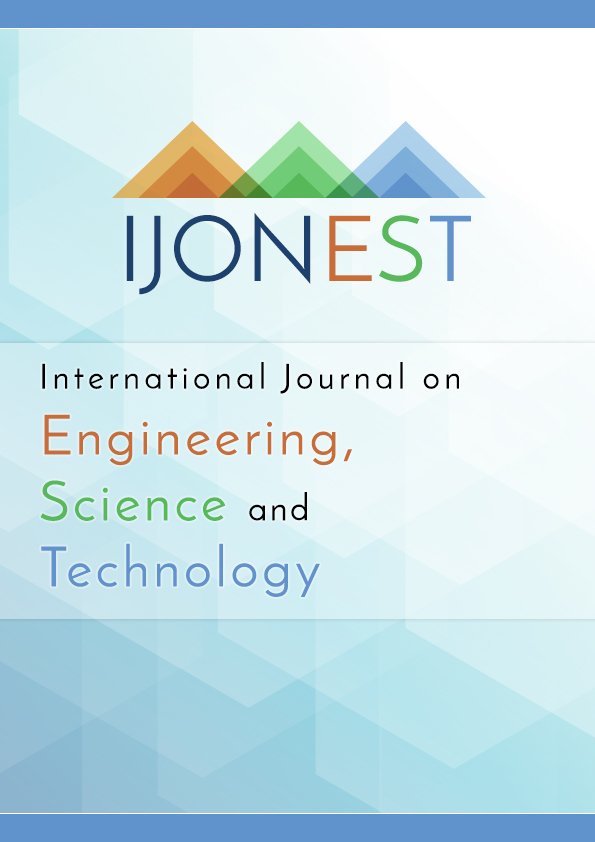An Evaluation of Mathematical Models and Stability Analysis of Learning Based on Reaction Kinetics
DOI:
https://doi.org/10.46328/ijonest.121Keywords:
Engineering Education, Theories of Learning, Applied Mathematics, Project-based learning, Atkinson and ShriffrinAbstract
Human cognition and consciousness are perhaps the most confounding mystery. Somehow it has a linkage to the process of learning and storage of short-term and long-term memory in the form of knowledge. This paper examines a brief background of early models in learning presented by Atkinson and Shriffrin (1965) and related stochastic models utilizing probability functions. Each of these learning models capture certain facets of the learning process but are ineffective in describing the physical basis in which learning occurs. For this reason, this paper explores analogous mathematical models based on reaction kinetics that have been shown to represent chemical reactions found in nature. Six learning models are presented of unitary, binary, reversible binary, reversible binary with mass action, and enzyme learning model reactions with and without decay. Preliminary analysis of time series plots, phase line diagrams, and phase plane plots were conducted to illustrate equilibrium conditions and stability of the models. Each model is examined in terms of its limitations in the philosophy and inability to capture certain elements that are understood about the learning process. Finally, this paper concludes that the feasibility of understanding behavior such as stability through the tools of applied mathematics and thereby illuminating certain layers of human cognition and learning is a useful tool in examining the suitability of a possible deterministic model that could describe the learning process. Further analysis with empirical data would validate the suitability of the presented models.Downloads
Published
Issue
Section
License
Articles may be used for research, teaching, and private study purposes. Authors alone are responsible for the contents of their articles. The journal owns the copyright of the articles. The publisher shall not be liable for any loss, actions, claims, proceedings, demand, or costs or damages whatsoever or howsoever caused arising directly or indirectly in connection with or arising out of the use of the research material.
The author(s) of a manuscript agree that if the manuscript is accepted for publication in the International Journal on Engineering, Science and Technology (IJonEST), the published article will be copyrighted using a Creative Commons “Attribution 4.0 International” license. This license allows others to freely copy, distribute, and display the copyrighted work, and derivative works based upon it, under certain specified conditions.
Authors are responsible for obtaining written permission to include any images or artwork for which they do not hold copyright in their articles, or to adapt any such images or artwork for inclusion in their articles. The copyright holder must be made explicitly aware that the image(s) or artwork will be made freely available online as part of the article under a Creative Commons “Attribution 4.0 International” license.

This work is licensed under a Creative Commons Attribution-NonCommercial-ShareAlike 4.0 International License.





